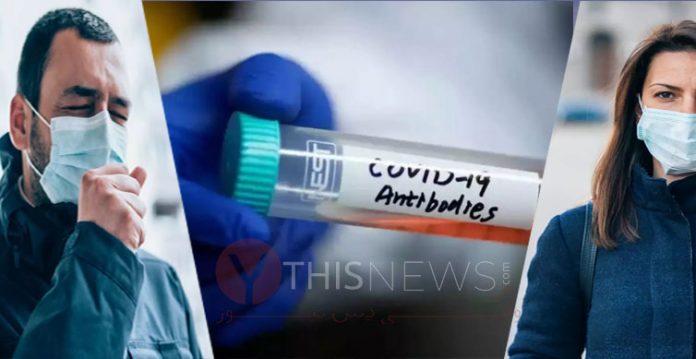Frightening as it seems, according to a new study conducted in the UK, Antibody that fought off the previous infection of covid-19 might get reduced leading to the second bout.
The study was carried out in randomly selected 3,65,000 adults of the UK who got themselves tested for the virus at home. Out of these, 4.4% registered antibodies in September while earlier in June 6% had antibodies.
The research findings, published by the Imperial College of London and Ipsos MORI polling company on Tuesday, showed the diminishing response of antibodies over time. It also proved that the natural ability of the body to battle the virus had started fading in people who had already got covid-19 and recovered from it as well.
These antibodies, which are a sign of exposure to the infection, may not exist for long time in everyone who had previously caught the virus. This research gives weight to the earlier studies which showed that immunity has a shelf life and will not stay forever.
Moreover, a small number of people have been registered with the second infection of covid-19. This is alarming as the number might be small but it is constantly growing.
The study makes one wonder as to how long will the antibody protection from a vaccine can last for safeguarding a person, if one is made sometime soon. A few ‘protective shots’ currently in the developing stage aim to stimulate T-cells as they are built-in in the body for fighting viruses and infections.
People who tested positive but didn’t show symptoms of Covid-19 appeared to lose Antibody more often than those who suffered noticeable effects of the disease, the study showed.
The case of a man from Nevada getting infected twice with covid-19 had gathered attention as his second infection was more severe than the first one. He even had to get admitted the second time as his lungs could not carry enough oxygen to his body parts.
Moreover, the point of interest was the man got symptoms for the second time within a matter of 2 days from getting tested negative for his first infection. And after a week, he got tested positive again for the virus. Scientists said the second was a different infection on its own and this wasn’t a case of the first becoming dominant and bouncing back. Probabilities included a different and stronger genomic sequence virus infecting the man, but such a short period of time was a matter of concern.
Scientists warn that the negative testing of a person from the virus did not necessary mean he was free from any other re-episodes of it and all of them should also follow the guidelines issued by the WHO.







